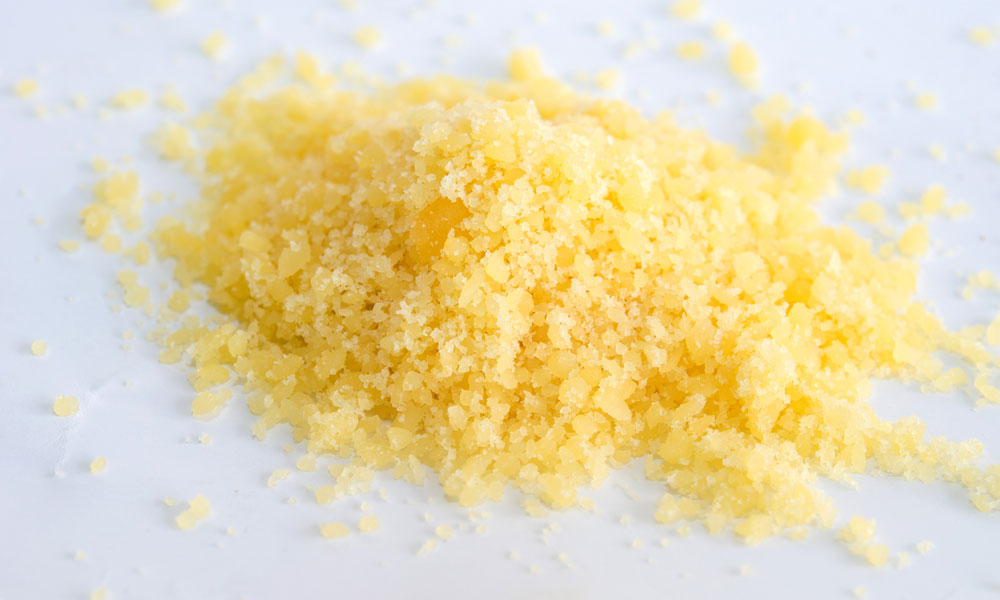
Parmesan Filler Controversy Highlights Cheese Integrity Issues
The revelation that wood pulp was used as filler in grocery store brands of Parmesan cheese led to some important questions from the public and highlighted major concerns over integrity among cheese groups.
The cheese world is not one that screams “scandal,” but a story that hit the national media last week can’t really be described as anything but.
Last week Bloomberg Business reported on the unexpected fillers lurking inside of common varieties of Parmesan. The Food and Drug Administration (FDA), the publication reveals, made this discovery in November 2012, when it followed up on a tip and sent inspectors to a factory operated by Castle Cheese, a manufacturer that had been adding cellulose (derived from wood pulp) along with other fillers to the supposedly pure Parmesan it was producing for a number of major grocery chains.
The company went bankrupt in 2014, but its president, Michelle Myrter, is facing criminal charges over the decision to market imitation cheese as the real thing. Myrter, who is expected to plead guilty, faces up to a year in prison and a hefty fine.
Doing its own investigation, Bloomberg News had brands of Parmesan analyzed by a lab, which discovered various levels of cellulose existed in each package, some at above 8 percent. But unlike Castle Cheese’s variety, at least they were selling actual Parmesan cheese.
Why “Parmesan” Isn’t Italian
The saga highlights a key pain point for the Parmigiano Reggiano Consortium, an industry group that seeks to protect the integrity of this popular type of hard cheese, which originated in Italy. Outside of the European Union, “Parmesan” can be legally used to describe cheeses that are similar to Parmigiano Reggiano but not originally from Italy. The consortium, however, disagrees with this practice.
Last year it released a study that found that two-thirds of consumers believed that a cheese package labeled “Parmesan, which also featured a design scheme meant to evoke Italy, actually came from the country.
The consortium’s president, Giuseppe Alai, called such packaging “a deceit that in the USA affects tens of millions of consumers and amounts to severe prejudice to the increase in our exports and, therefore, to obvious damage also to [our] producers.”
The group is pushing for the European Union to protect the reputation of Parmigiano Reggiano in the United States by preventing American manufacturers from using the names of Italian cheeses and the country’s flag on their packages.
In a news release distributed after the Bloomberg report, the U.S. arm of the consortium used the article to highlight the differences between Parmigiano Reggiano and what’s commonly sold on American shelves.
“Cellulose is a plant fiber made from wood pulp used in many food products in the United States,” the organization explains in the announcement. “While legal in the U.S. in specific small amounts, cellulose is however never present in Parmigiano Reggiano which adheres to strict E.U. specifications where additives of any kind are not permissible.”
Meanwhile, an American group, the Wisconsin Cheese Makers Association, welcomed the FDA investigation into Castle Cheese. Its executive director, John Umhoefer, told Bloomberg that the agency’s actions could lead to higher industry standards.
“The industry wants to be known for a wholesome, safe, honest product—it’s what’s kept the industry growing for 100 years,” Umhoefer told the news service. “The wholesomeness of dairy products is a treasured part of our story.”
(iStock/Thinkstock)






Comments